.png)
Choosing between stem cell therapy in Thailand and the USA involves weighing significant differences in cost, regulatory landscapes, treatment availability, and patient experience. This guide provides a comprehensive, unbiased comparison to help you navigate these options and make the best decision for your health journey, ensuring you understand the intricacies of regenerative medicine abroad and at home.
Navigating the Complex World of Stem Cell Treatments: Thailand vs. USA
Stem cell therapy, a groundbreaking field within regenerative medicine, holds immense promise for treating a wide array of conditions, from chronic pain and autoimmune disorders to neurological diseases and orthopedic injuries. As patients increasingly seek innovative solutions, the global landscape of stem cell treatment has broadened, presenting choices that can be both exciting and overwhelming.
For many, the decision boils down to two prominent destinations: the United States, a leader in medical research and stringent regulation, and Thailand, a rapidly emerging hub for medical tourism renowned for its advanced facilities and competitive pricing. This comparison aims to dissect the core differences and similarities between seeking stem cell treatment in Thailand and the USA, focusing on critical factors like cost, safety, regulatory oversight, treatment options, and overall patient experience. Whether you're considering stem cell treatment for anti-aging, neurological disorders, or sports injuries, understanding these distinctions is paramount to making an informed and confident decision for your health.
Stem Cell Treatment: Thailand vs. USA Overview
Thailand vs. USA: Core Strengths in Regenerative Medicine
Thailand Key Capabilities in Stem Cell Therapy
Thailand has carved out a significant niche in the global medical tourism market, particularly for stem cell treatments. Its key strengths include highly competitive pricing, making advanced regenerative therapies accessible to a broader international audience seeking `affordable stem cell therapy abroad`. Thai clinics often boast state-of-the-art facilities, many of which are JCI-accredited, ensuring international standards of care and patient safety.
The country's regulatory environment, while less stringent than the USA, allows for a wider range of stem cell applications, including treatments for neurological conditions, orthopedic injuries, and anti-aging protocols that might still be considered experimental in other countries. Thai medical professionals are often internationally trained and experienced in handling a diverse international patient base, offering personalized care within a serene, supportive environment. Patients benefit from integrated medical tourism services, assisting with everything from travel and accommodation to language interpretation, making the patient journey seamless.
USA Key Capabilities in Stem Cell Therapy
The United States stands at the forefront of stem cell research and development, characterized by its rigorous regulatory framework, primarily governed by the FDA (Food and Drug Administration). This ensures that `FDA approved stem cell therapy USA` adheres to the highest standards of safety and efficacy, backed by extensive clinical trials and robust scientific evidence. US academic medical centers and research institutions are world-renowned for their groundbreaking discoveries and clinical innovations in regenerative medicine.
Patients in the USA have access to highly specialized physicians and a vast network of healthcare providers, particularly for `stem cell treatment for blood disorders USA` and other approved conditions. While the cost is considerably higher, especially for experimental treatments not covered by insurance, patients benefit from unparalleled diagnostic capabilities, comprehensive post-treatment care, and strong patient protection laws. The USA is the benchmark for `stem cell regulation and safety`, offering peace of mind through its stringent oversight.
Weighing Your Options: Stem Cell Therapy Pros and Cons by Destination
Stem Cell Therapy in Thailand - Pros
- Significant Cost Savings: `Stem cell treatment cost Thailand` is dramatically lower than in the USA, making advanced therapies more accessible.
- Broader Treatment Accessibility: Offers a wider range of stem cell applications for conditions not yet approved by regulatory bodies in Western countries, including `stem cell therapy for anti-aging Thailand` and `stem cell therapy for autoimmune diseases`.
- Advanced Facilities & Technology: Many clinics are equipped with modern technology and operate to international standards, with several JCI-accredited hospitals.
- Integrated Medical Tourism Services: Comprehensive packages often include travel planning, accommodation, and concierge services, simplifying the patient journey.
- Expertise in Diverse Conditions: Thai specialists gain extensive experience treating a wide variety of conditions due to the high volume of international patients seeking various therapies.
- Culturally Rich Recovery Environment: Patients can combine treatment with a relaxing recovery experience in a beautiful, tourist-friendly country, enhancing overall well-being.
Stem Cell Therapy in Thailand - Cons
- Less Stringent Regulation: The regulatory framework is not as strict as the FDA, which can lead to concerns about the scientific rigor and long-term efficacy of some unproven therapies. Patients need to conduct thorough research on `stem cell safety Thailand`.
- Variable Clinic Quality: While many clinics are excellent, the sheer number means quality can vary significantly, necessitating careful selection and due diligence.
- Lack of Long-Term Data for Off-Label Treatments: For treatments not widely approved elsewhere, there might be less robust long-term data on outcomes and potential side effects compared to FDA-approved therapies.
- Travel Distance and Time: For patients from North America or Europe, the long-distance travel can be physically demanding and time-consuming.
- Communication Challenges: While major clinics have English-speaking staff, navigating outside the medical environment might present language barriers.
Stem Cell Therapy in USA - Pros
- FDA Approved Treatments: Access to therapies with proven efficacy and safety, particularly for `stem cell treatment for blood cancers` and specific autoimmune disorders.
- Rigorous Regulatory Oversight: The FDA ensures strict protocols for safety, manufacturing, and clinical trials, offering the highest level of patient protection.
- World-Class Research & Innovation: At the forefront of stem cell science, offering access to cutting-edge clinical trials and groundbreaking therapies for various conditions.
- Highly Qualified Specialists: Access to leading experts and specialists in regenerative medicine, often affiliated with top-tier academic institutions.
- Robust Patient Protections: Strong legal and ethical frameworks provide comprehensive patient rights and safeguards.
- Advanced Diagnostic Capabilities: Unparalleled access to sophisticated diagnostic tools and integrated healthcare systems for comprehensive patient management.
Stem Cell Therapy in USA - Cons
- Exorbitant Costs: `Stem cell treatment cost USA` is significantly higher, and many experimental treatments are not covered by insurance, leading to substantial out-of-pocket expenses.
- Limited Treatment Options for Unapproved Conditions: FDA regulations restrict the availability of many stem cell therapies to approved indications or clinical trials, limiting options for patients seeking `stem cell therapy for orthopedic injuries USA` outside trials.
- Complex Insurance Navigation: Even for approved treatments, navigating insurance coverage can be complex and time-consuming.
- Strict Eligibility Criteria for Trials: Access to clinical trials can be highly competitive with stringent patient selection criteria, making it challenging for many patients.
- Risk of Unscrupulous Clinics: Despite strict regulation, some clinics in the USA still offer unproven or misleading stem cell therapies, preying on desperate patients. Vigilance is required to identify `best stem cell clinics USA` that are FDA compliant.
Regulatory Landscape & Patient Safety: Navigating Stem Cell Treatment Regulations
Thailand's Approach to Stem Cell Regulation
Thailand's Ministry of Public Health oversees medical procedures, including stem cell therapies. While not as stringent as the FDA, a framework exists, particularly emphasizing the use of autologous (patient's own) stem cells, minimizing immune rejection risks. Most common `stem cell types used in Thailand` are Mesenchymal Stem Cells (MSCs) derived from adipose tissue, bone marrow, or umbilical cord. Clinics are often required to be part of larger hospital groups, many of which hold international accreditations like JCI. This offers a level of assurance, but patients must still be vigilant in verifying the specific clinic's credentials, treatment protocols, and the scientific basis for the proposed `regenerative medicine Thailand` therapies. It's vital to inquire about post-treatment follow-up and data collection.
USA's Strict FDA Oversight on Stem Cell Therapy
In the USA, the FDA treats stem cell products as drugs or biologics, requiring rigorous approval processes before they can be marketed. Only a handful of stem cell therapies, primarily `hematopoietic stem cell transplantation` for blood cancers, are FDA-approved. All other uses are considered experimental and can only be offered within FDA-regulated clinical trials. This strict `stem cell regulation USA` protects patients from unproven or potentially harmful treatments, but it also limits immediate access to novel therapies. The FDA actively warns against unapproved stem cell clinics within the US, which can pose significant health risks. Patients seeking `stem cell therapy USA` must ensure their chosen treatment is either FDA-approved or part of a legitimate, ethically sound clinical trial, making thorough research on `stem cell safety FDA` compliance critical.
The Patient Journey: What to Expect When Seeking Stem Cell Treatment
The Thailand Stem Cell Patient Experience
For international patients, the `stem cell tourism Thailand` experience is often holistic. It typically begins with a remote consultation, followed by travel arrangements managed by a medical tourism facilitator or the clinic itself. Upon arrival, patients undergo comprehensive diagnostics and a personalized treatment plan. The actual `stem cell procedure` usually involves a short hospital or clinic stay. Clinics in Thailand excel in patient hospitality, with English-speaking staff, comfortable recovery suites, and often opportunities for relaxation and tourism post-treatment. The focus is on making the entire journey, from consultation to recovery, as stress-free and pleasant as possible. Follow-up care might involve remote consultations or coordination with your local physician.
The USA Stem Cell Patient Experience
In the USA, the patient journey for `stem cell treatment USA` for approved conditions is highly clinical and integrated within the existing healthcare system. It involves detailed consultations, rigorous diagnostic testing, and a multi-disciplinary team approach. Treatment typically occurs in a hospital setting or specialized medical center. For those participating in `stem cell clinical trials USA`, the process involves strict eligibility screening, detailed informed consent, and extensive monitoring, often spanning several years. While less focused on "tourism," the quality of care, advanced technology, and post-treatment monitoring are often unparalleled. The patient experience prioritizes safety, evidence-based practice, and long-term follow-up within a structured medical framework. Patients should expect thorough, often lengthy, evaluations and follow-up protocols.
Real Patient Experiences: Journeys to Regeneration
Michael T., Australia (Thailand Patient)
"After years of debilitating knee pain, I researched `stem cell therapy for knee pain abroad`. Thailand offered an affordable and holistic approach. The clinic in Bangkok was incredibly professional, and the staff were amazing. I received MSC therapy, and after a few months, I'm back to enjoying walks without constant discomfort. The seamless travel and care package made a huge difference."
Linda D., USA (USA Patient)
"When my son was diagnosed with leukemia, our only option was `FDA approved stem cell transplantation`. The care at our local university hospital in the USA was exceptional. The doctors were world-class, and though the journey was arduous, we felt safe and confident in the rigorous protocols. It was incredibly expensive, but thankfully insurance covered most of it. He's now in remission, and we owe it all to the advanced medical care here."
Jian W., Canada (Thailand Patient)
"I was looking into `stem cell therapy for neurological disorders` and found excellent `stem cell clinics in Thailand`. The cost was a major factor for me. The team was very transparent about the process and potential outcomes. I appreciated the thoroughness of their diagnostic work before treatment. My condition has stabilized, and I've noticed significant improvements in my quality of life."
Sarah A., USA (USA Clinical Trial)
"Participating in a `stem cell clinical trial USA` for spinal cord injury was a rigorous but rewarding experience. The process was long, but knowing I was contributing to science and potentially receiving a cutting-edge treatment under strict medical supervision was reassuring. The research team was incredibly supportive, and the follow-up care has been comprehensive, ensuring `stem cell safety FDA` compliance."
Your Top Questions Answered: Stem Cell Therapy FAQs
1. Is stem cell therapy legal in Thailand?
Yes, stem cell therapy is legal in Thailand, though the regulatory framework is less stringent than in the USA. Clinics primarily use mesenchymal stem cells (MSCs) and offer a broader range of treatments, often for conditions not officially approved by Western regulatory bodies. It is crucial to choose a reputable, accredited clinic for safety and efficacy.
2. What conditions are approved for stem cell therapy in the USA?
In the USA, the FDA has approved stem cell therapies primarily for blood disorders and cancers (e.g., bone marrow transplantation for leukemia and lymphoma). Limited FDA-approved trials exist for specific conditions like spinal cord injuries. Most other stem cell applications are considered experimental and are only available within regulated clinical trials.
3. How much does stem cell treatment cost in Thailand compared to the USA?
Stem cell therapy in Thailand is significantly more affordable, typically ranging from $7,000 to $25,000 USD per treatment cycle, depending on the condition and cell type. In the USA, FDA-approved treatments can cost tens to hundreds of thousands of dollars, often covered by insurance for approved indications. Unapproved experimental treatments in the US can also be very expensive and are not covered by insurance.
4. What are the risks of unapproved stem cell treatments?
Unapproved stem cell treatments, whether in the USA or abroad, carry risks including infection at the injection site, immune reactions, tumor formation (though rare with MSCs), unwanted cell growth, and potential worsening of the condition. There's also the risk of financial exploitation from clinics offering unproven therapies without scientific backing.
5. How do I choose a reputable stem cell clinic in Thailand or the USA?
For both destinations, look for clinics with international accreditation (e.g., JCI), highly qualified and experienced physicians, transparent treatment protocols, clear success rates, and robust patient testimonials. Ensure they offer thorough pre-treatment evaluations and post-treatment follow-up. For USA, verify FDA compliance.
6. Is regenerative medicine safe?
When administered in a regulated environment by qualified professionals for approved indications, regenerative medicine can be safe and effective. However, the safety of many experimental or unapproved regenerative therapies is not fully established and requires careful consideration of potential risks versus unproven benefits. Always consult with a medical professional.
7. What types of stem cells are commonly used?
The most common types of stem cells used in therapy are Mesenchymal Stem Cells (MSCs), often derived from adipose tissue, bone marrow, or umbilical cord blood. Hematopoietic Stem Cells (HSCs) are used primarily for blood and immune system disorders. Induced Pluripotent Stem Cells (iPSCs) and Embryonic Stem Cells (ESCs) are mostly in research phases due to ethical and safety concerns.
8. How long is the recovery period for stem cell therapy?
The recovery period for stem cell therapy varies widely depending on the treated condition, the type of stem cells used, and the administration method. Many procedures are minimally invasive, allowing patients to resume light activities within days. Full therapeutic effects and recovery can take weeks to months as the cells work to regenerate tissues.
9. Can stem cells cure chronic diseases?
While stem cell therapy shows immense promise in treating and managing chronic diseases, it is not a universal 'cure' for all conditions. For many chronic ailments, stem cells aim to reduce symptoms, repair damaged tissues, and improve quality of life. Patients should have realistic expectations and discuss potential outcomes with their healthcare provider.
10. Does insurance cover stem cell therapy in the USA?
In the USA, health insurance typically only covers stem cell therapies that are FDA-approved, such as hematopoietic stem cell transplantation for specific cancers and blood disorders. Most experimental or off-label stem cell treatments, even if offered within the USA, are generally not covered by insurance and are paid out-of-pocket by patients.
Ready to Explore Your Stem Cell Therapy Options?
Making the right choice for your stem cell therapy is a deeply personal and critical decision. While this guide provides a strong starting point, your health journey is unique. At PlacidWay, we specialize in connecting patients like you with world-class, pre-vetted `stem cell clinics in Thailand`, `USA stem cell clinical trials`, and other leading global destinations.
Our dedicated Care Team is here to provide a free, no-obligation consultation to help you compare personalized treatment packages, understand transparent `stem cell treatment cost`, and answer all your specific questions regarding `stem cell safety`, regulations, and `best stem cell treatment abroad`. Let us handle the complexities of planning, so you can focus on regaining your health and well-being.



.png)

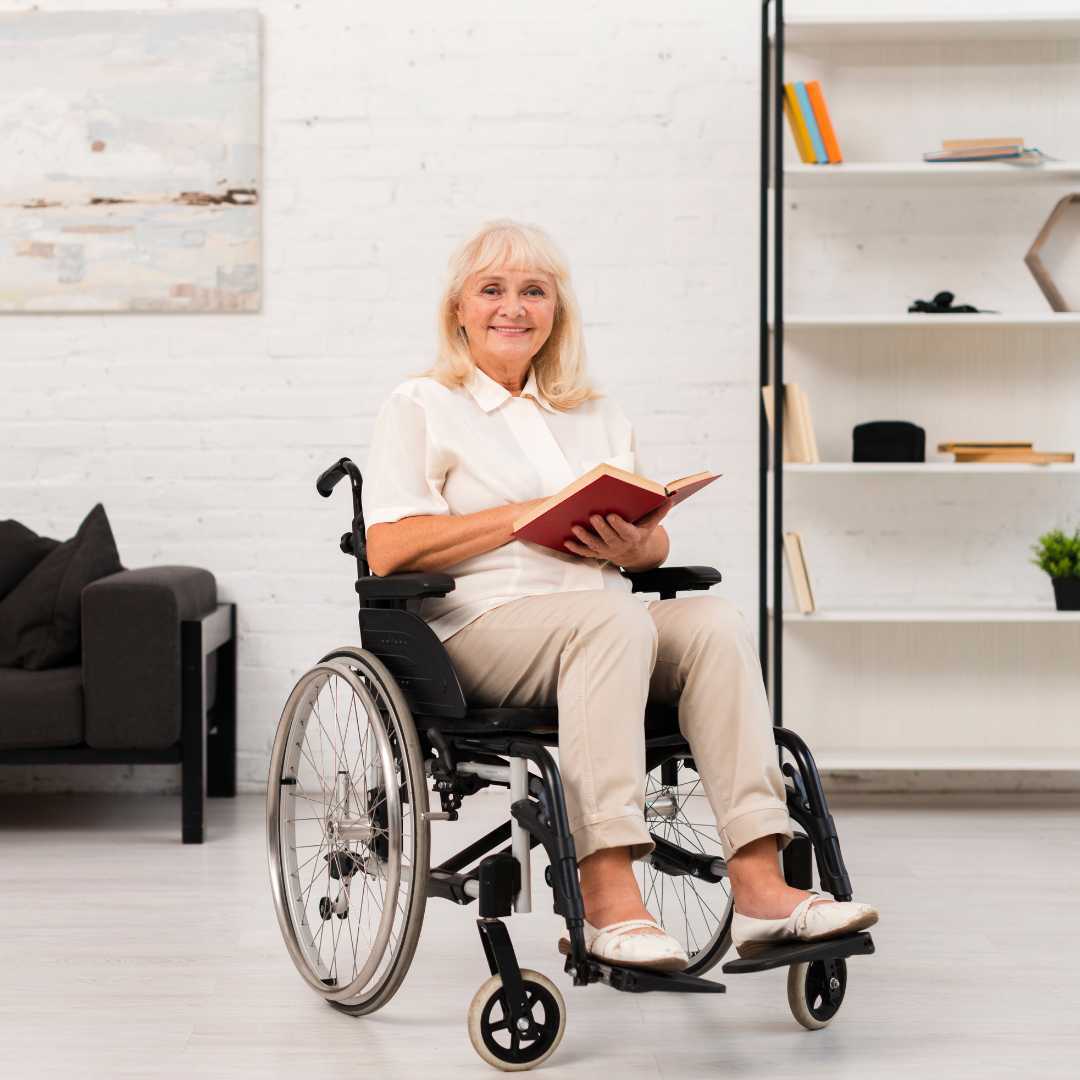
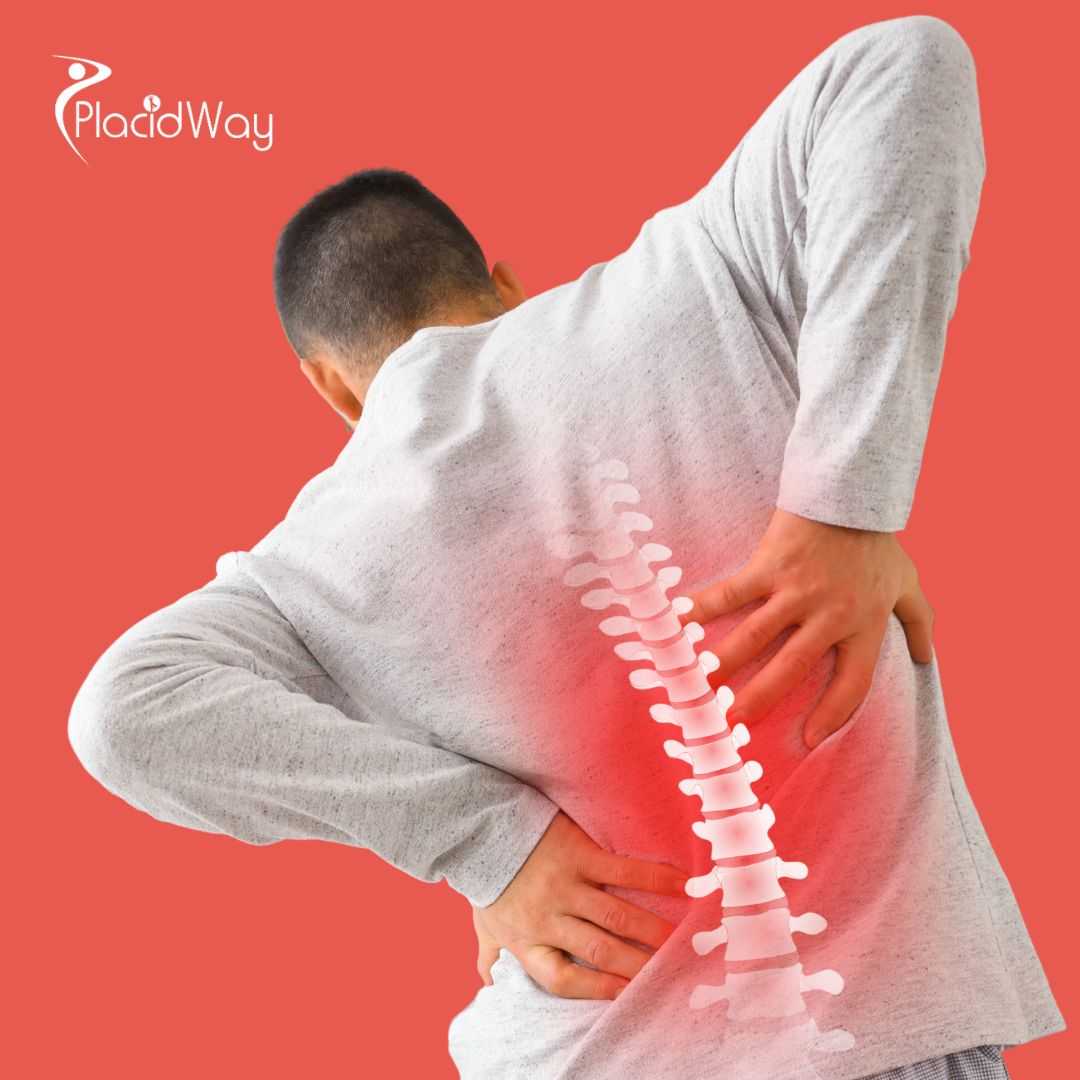

.png)

.png)
.png)
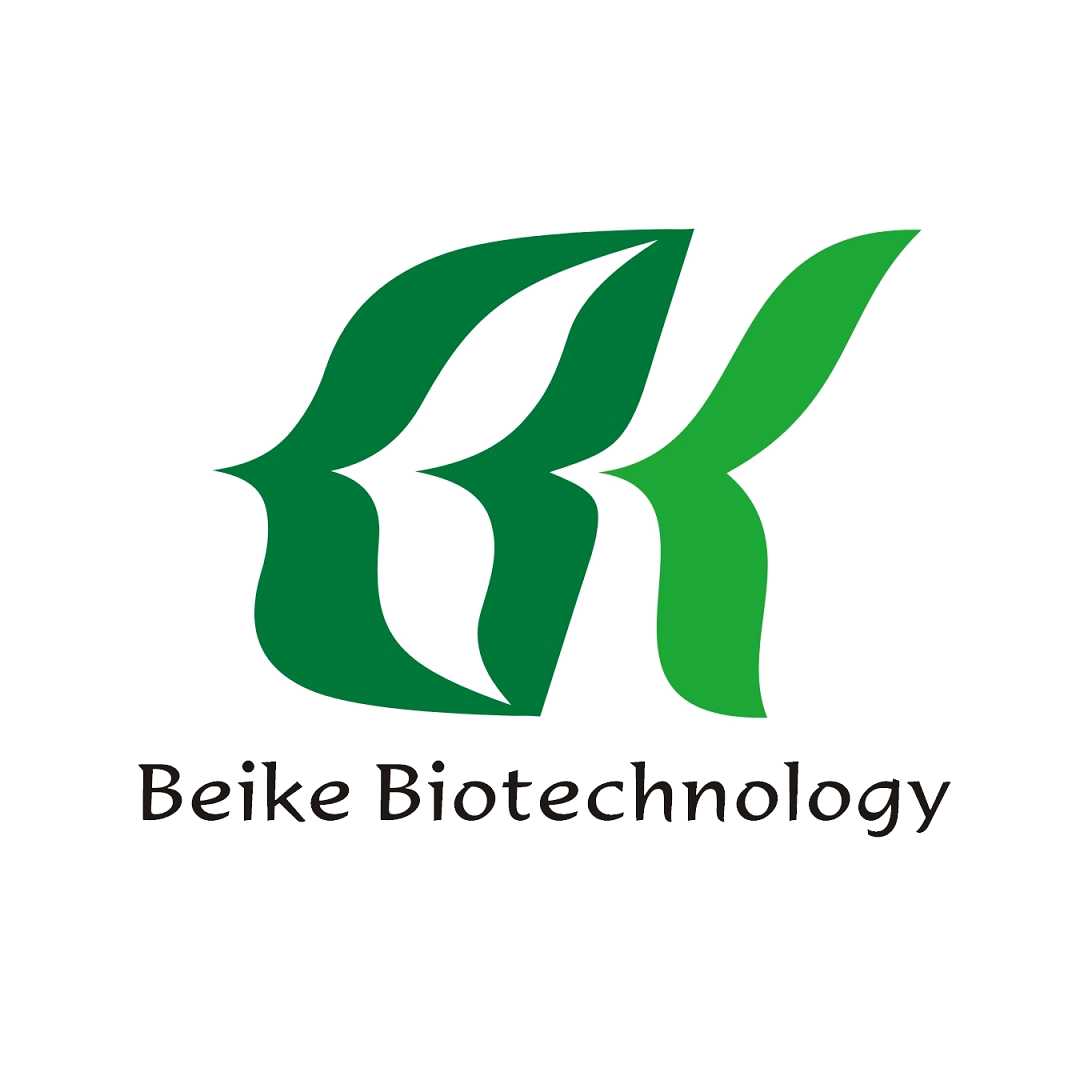

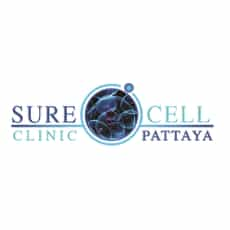
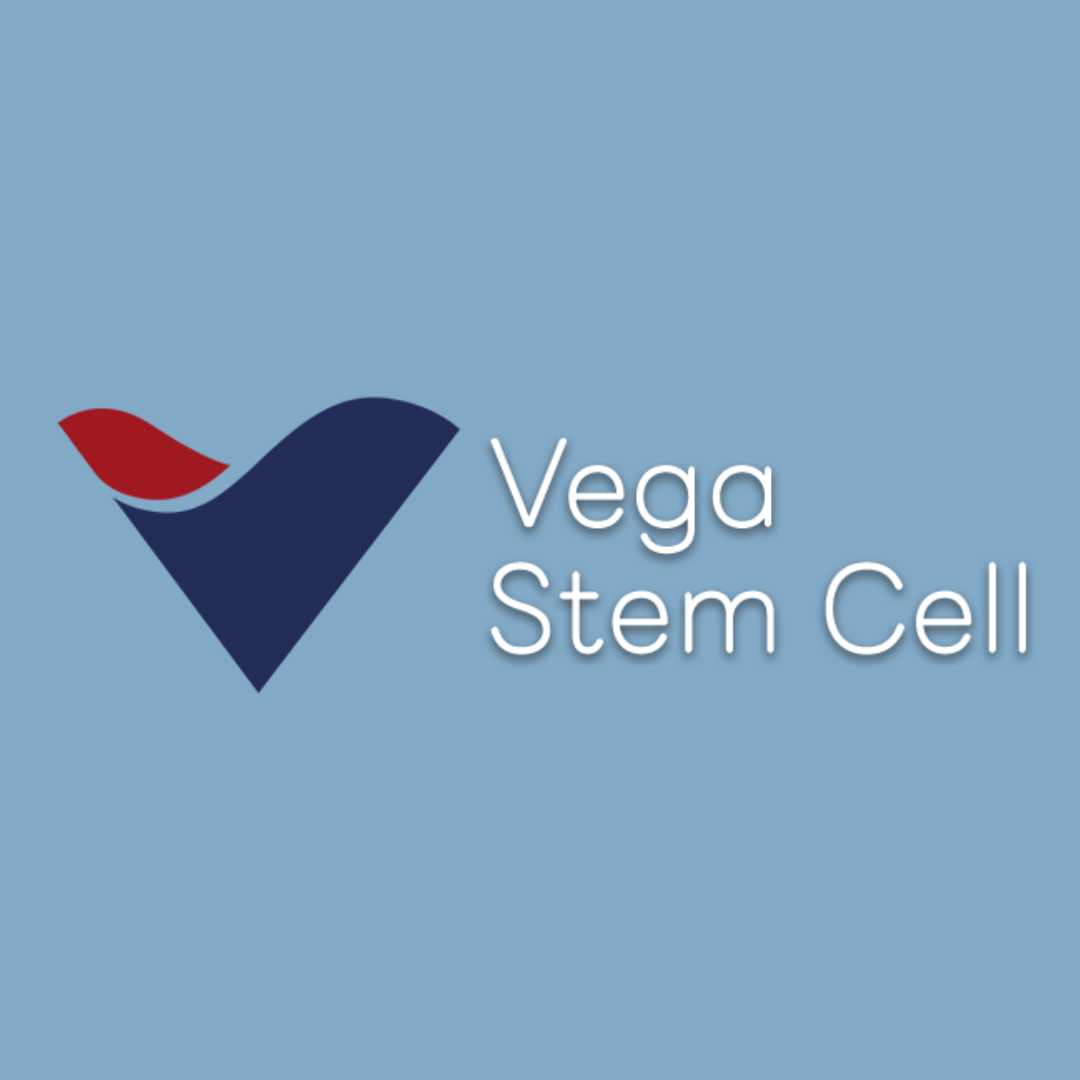
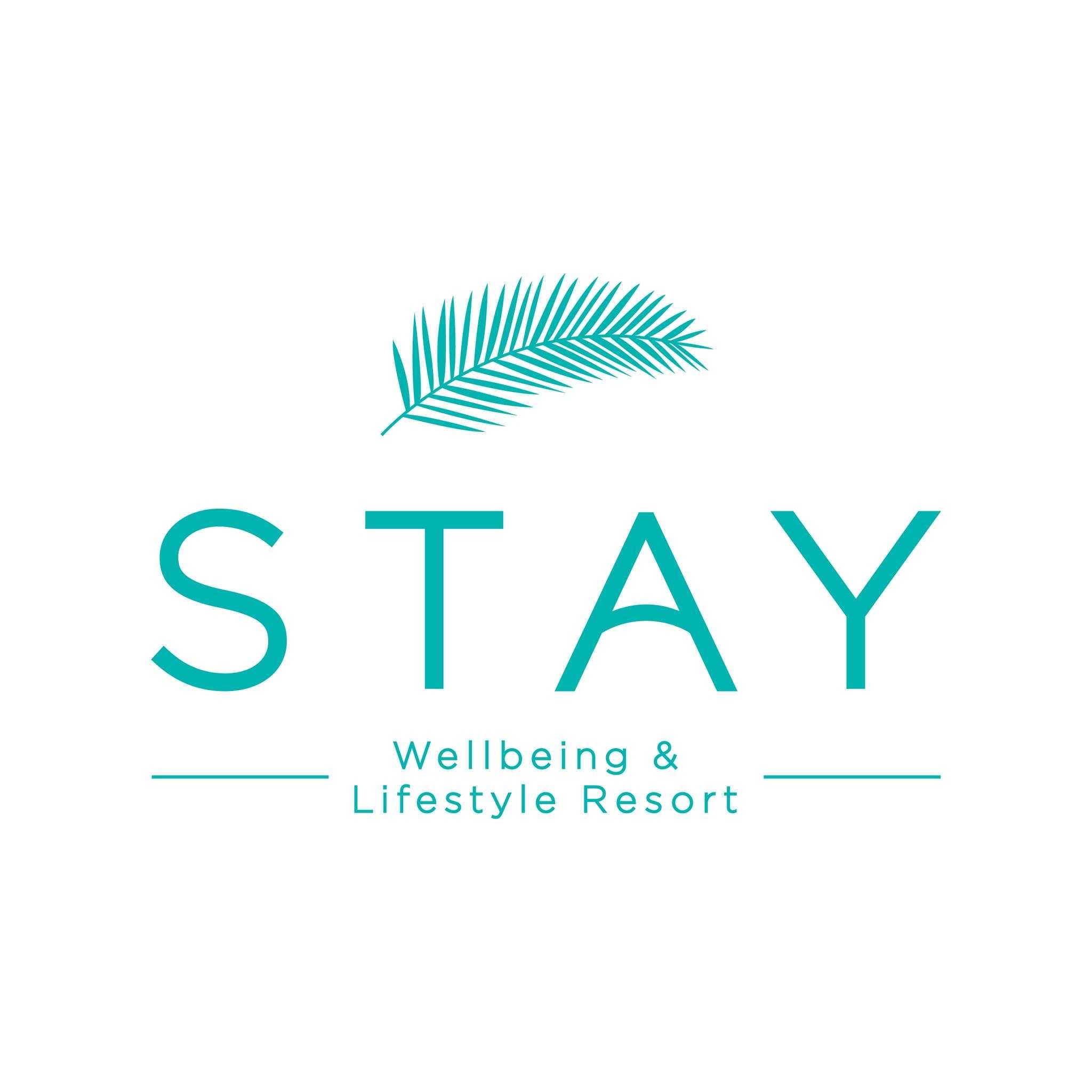

Share this listing